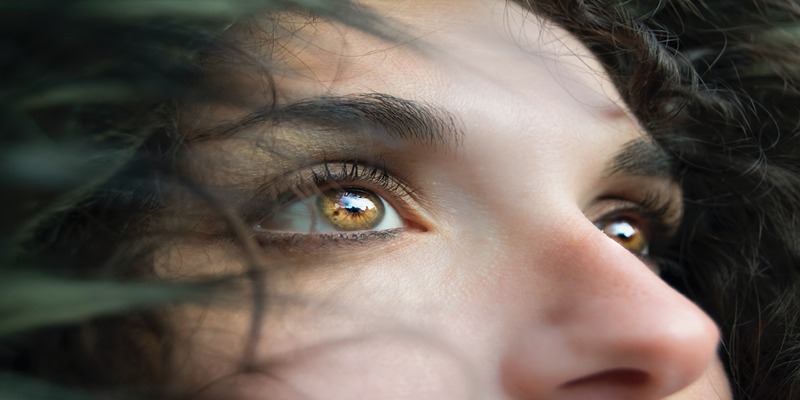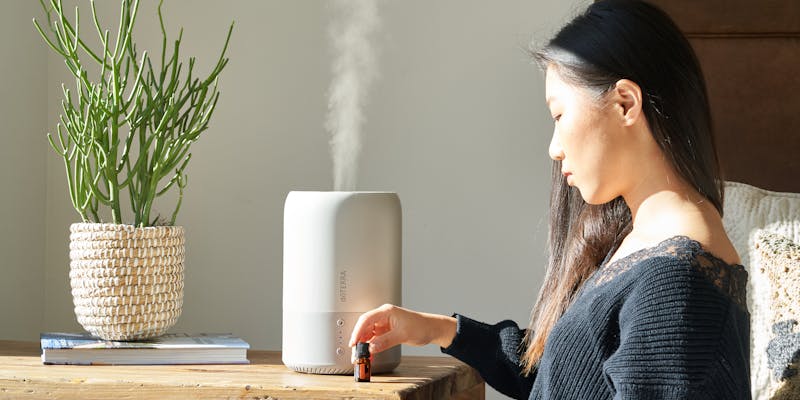Many people are a little confused about retinol and prescription retinoids, and for good reason. There is some similarity between these two anti-aging chemicals. A board-certified dermatologist at Westlake Dermatology in Dallas, Texas, says that while over-the-counter medicines are still effective, they require more time and consistent usage to provide results.
However, they tend to possess less drying. What is the optimal time to switch from lesser retinols to prescription retinoids? Is it feasible to utilize both in a safe manner? Discover more about the two industry titans in skin care by reading on.
Retinoid or Retinol?

Because retinoic acid has a lower concentration in retinol, a form of retinoid that is derived from vitamin A, it is mostly found in cosmetics products. Retinol products are milder and less potent than prescription retinoids, which is how they vary molecularly.
Retinols are commonly found in ingredient lists such as retinyl acetate, retinyl palmitate, or retinyl linoleate. The product is kinder on the skin versus prescription retinoids since it requires more processes to convert these forms into retinoic acid. In order to moisturise and brighten the skin, retinol is frequently mixed with other substances.
But other vitamin A compounds that are transformed into retinoic acid, the strongest form of vitamin A, are referred to as retinoids. These substances may also contribute to increased epidermal cell division, thickening the outermost layer of skin. Are you wondering if vitamin A is retinol?
Retinoids, a subset of the vitamin A mineral family, are the source of retinol. Retinol must be converted into retinoic acid for the skin to absorb it. Enzymes happen to be proteins in our bodies that aid in this conversion process. Retinol can start to help promote collagen, enhance cell renewal, and improve skin after it is converted to retinoic acid.
What Separates Retinoids from Retinol?
The most common misunderstanding regarding retinol or retinoids is the idea that they are synonymous. Actually, according to experts, the name "retinoid" refers to the general class of substances originating from Retinyl Palmitate, often known as vitamin A. There are dozens of different retinoids available as skincare. Those who buy something are most comfortable with retinol, an over-the-counter (OTC) vitamin A derivative.
A dermatologist with board certification, claims that OTC retinoid is the forerunner to retinoic acid. The two are vitamin A derivatives, which are but retinoic acid is a substance that can only be received with a doctor's permission and is an active version of retinol. Retinoic acidity is the sole manifestation of the substance that is permeable to the skin.
Put simply, retinoic acid is instantaneously effective and doesn't require skin conversion. Conversely, retinol takes longer to start working. The proteins in our skin must change retinol two times (first to the retina, then retinoic acid) because they can be eaten by human organisms (and skin). That method of conversion suggests retinol is a more inactive chemical than prescription retinoic acids.
That does not negate the value or efficacy of over-the-counter retinol. It is preferable to allow your skin to acclimatize. One major misunderstanding is that stronger is better,' which doesn't hold true.
Is it Better to Utilize Retinoid or Retinol?

You should think about the seriousness of the problem you're seeking to cure as well as your skin type before choosing one of them. Because they are often less drying and made with moisturizing components, retinol is advised for anybody with dry skin. Generally speaking, those with fragile skin types should begin with a less potent retinol formulation.
Experts suggest retinol for those who fit in any of the aforementioned criteria two or three times a week. You can progressively increase your rate to daily usage after about a month. You may proceed up to a larger product simply swapping it in gradual stages once you manage a gentle product. Naturally, using retinol will require patience as results can be seen somewhere from just a few days to six months out.
A stronger prescription-strength retinoid could provide treatment for serious breakouts and other skin issues more quickly if that's what you're aiming for. You might be able to handle stronger retinoids straight away, depending on your skin type. Remember, though, that expert still advises beginning cautiously. Also consider the side effects; typical adverse reactions to retinoids consist of:
- Slight irritability redness
- Dryness sensitivity to the sun
- Burning flaking
By explaining that these symptoms frequently point to excessive product usage or an overly strenuous skin care regimen. Also, the likelihood of encountering adverse effects increases with dose or concentration.
Thus, you can lower your risk of developing these adverse effects by gradually introducing retinoid usage. Retinoids are safe for use on all skin types; however, specialists advise those with dry, sensitive skin to start with a lesser dose. Nevertheless, experts issue a warning: "If you're pregnant, nursing, or trying to conceive, you shouldn't use retinoids of any kind." Naturally, it's also recommended to avoid a product if you have an allergy to any of its constituents.
You may be wondering if there's an optimum time to utilize retinoids or retinol in your skin care regimen if you're ready to use them. Applying retinoids and retinol at night after cleansing your skin gently is advised by experts. To avoid irritation, they suggest using a pea-sized quantity once your face has completely dried.
Avoiding inflammation can also be achieved by using a moisturizer thereafter. Start out small, using the product only a few evenings a week, and increase your usage only if you are certain that your skin can handle it. Additionally, remember to use sunscreen every day.
The Bottom Line!
Retinoids provide a number of advantages for the skin, including lessening the look of wrinkles, lessening the impact of UV exposure, and treating breakouts. Although you might be tempted to dive right in with harsher solutions to get the advantages right away, your skin will usually appreciate you taking a little step with the milder ones first. This usually entails beginning with a less potent over-the-counter retinol. Your dermatologist can provide further advice if you want to go to the stronger retinoids.







